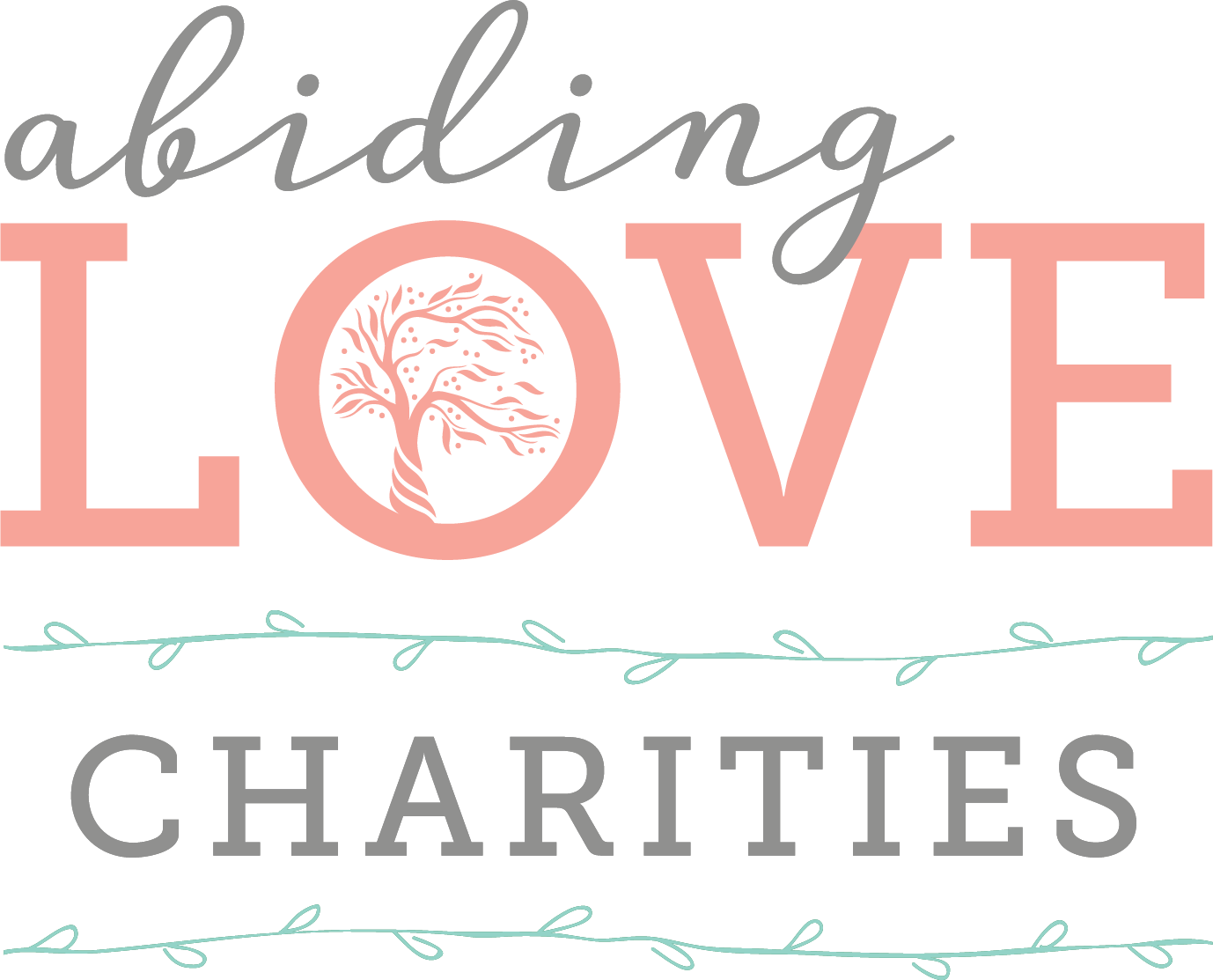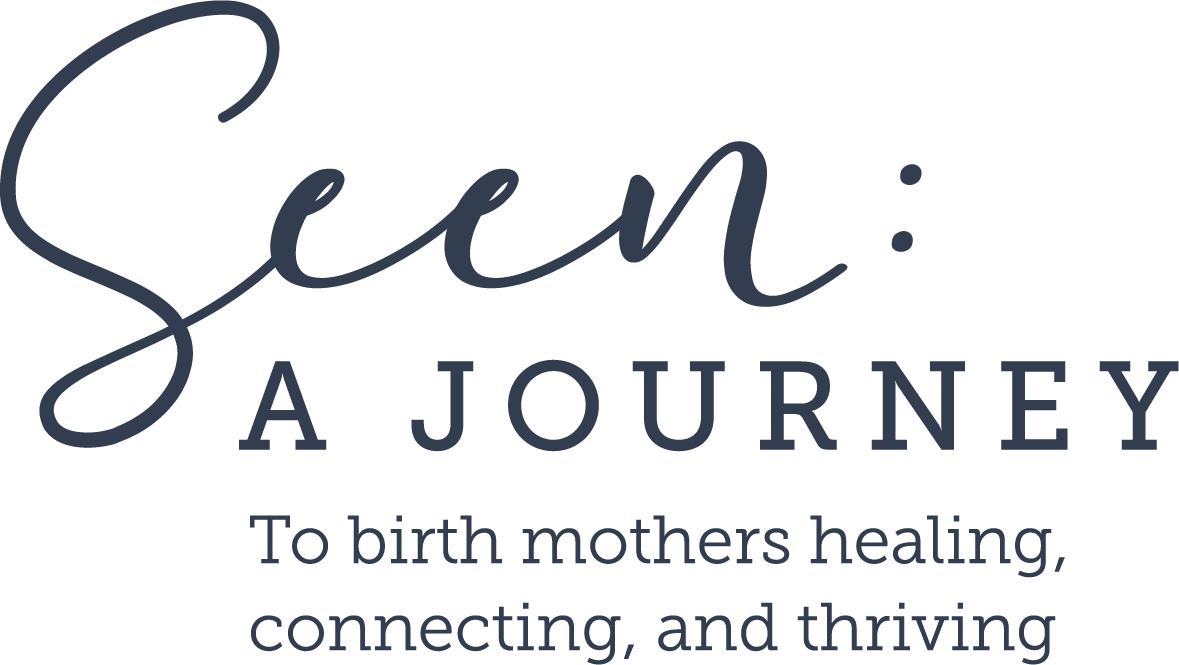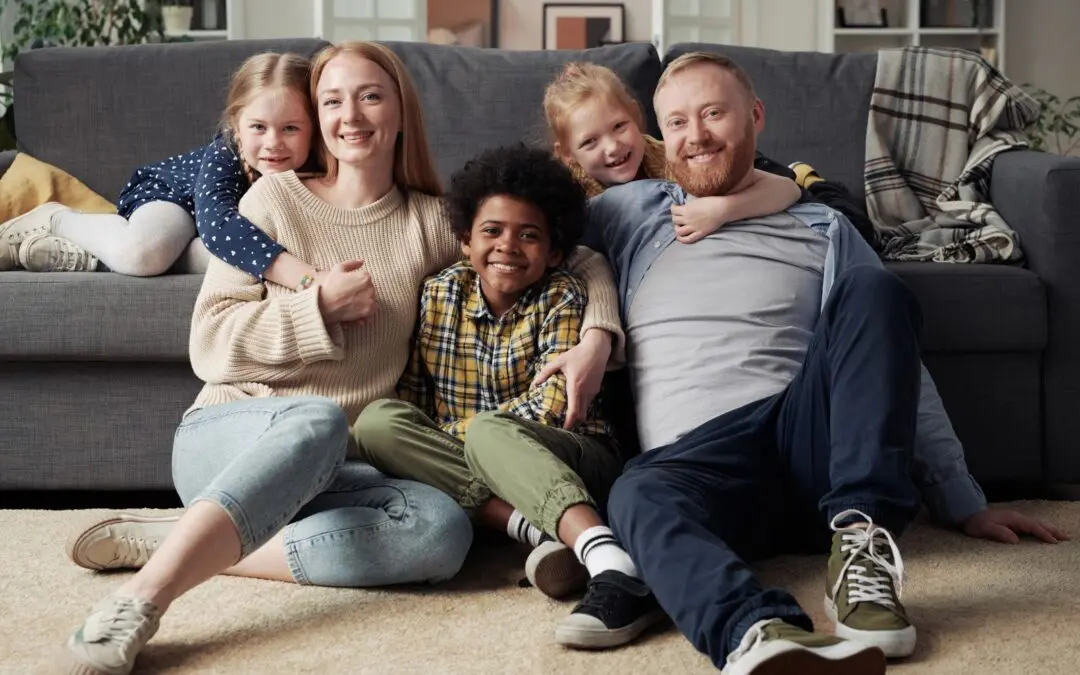As a child, I often heard the word “love” used in many different contexts. For example, people would say, “I love homemade macaroni and cheese,” or “I love poetry, sunflowers, and rainy days.” I was told I was loved by countless individuals, each in their way. More cautiously than most, I also expressed my love for others. Love can feel light and airy one moment and deep and painful the next. It is an action, a verb, a place, a thing, a person, or even an idea. If love encompasses all of these aspects, then how come love is not enough in adoption?
“To be loved by you
Is better than double Dutch
On a summer day”
The notion of love not being sufficient can be confusing for many people. Honestly, it confused me at first. The phrase “love is not enough” shines a light on the fact that love is not the sole factor that is needed when raising a child. Love is essential; however, adoption comes with layers of trauma, confusion about identity, relationship dynamics, and so much more. Love is one of the many foundational components of adoption. To be effective, love must be paired with intentional effort, education, and support to meet each Adoptee’s needs.
“Our mothers are our first loves, and the separation of such love will be a child’s first heartbreak.”
Trauma and Loss
The relinquishment of a child from their Birth Mother is a lasting trauma. This loss carries deep emotional and psychological impacts. Love alone cannot erase or heal the trauma of separation or abandonment. It requires digging deep and acknowledging the overwhelming loss from all points in the triad. Love is not enough in adoption because trauma is real and needs to be worked through.
Identity and Belonging
Adoptees tend to have many questions about their identity, and it is common for the confusion to manifest in many different ways. Adoptees want to know and have the right to know their origin story. It is important for parents to create a safe space that encourages conversations about identity and biological roots. Adoptees need to know that it is good to explore and embrace all aspects of their identity. Love is not enough in adoption because biological identity and the natural inclination to be curious about it cannot be erased.
“Once you feel heard, you can begin to heal.”
Culture and Race
Transracial and transcultural Adoptees have different layers of complexities that same-race adoptions do not have to address. These Adoptees may experience racism, cultural isolation, lack of biological mirrors, and questions about their heritage. Parents need to understand that cultural competence is an act of love. The goal is to have a child who is connected to their identity.
“Intrusive questions can lead to intrusive thoughts.”
Parenting through hard questions from an Adoptee requires sensitivity, honesty, and preparation. Adoptees face stigmas from society and assumptions about their story. Adoptive parents can build trust by advocating for their child’s autonomy.
Adoption is a lifelong commitment to learning and individual growth. Adoptive Parents who are willing to educate themselves and seek out resources are showing their Adoptee love. Accepting and adapting to the child’s evolving needs is a form of love. Love is not enough in adoption because it requires action and commitment to the person you love.
Abiding Love is
Always loving big and well
Never forgotten


